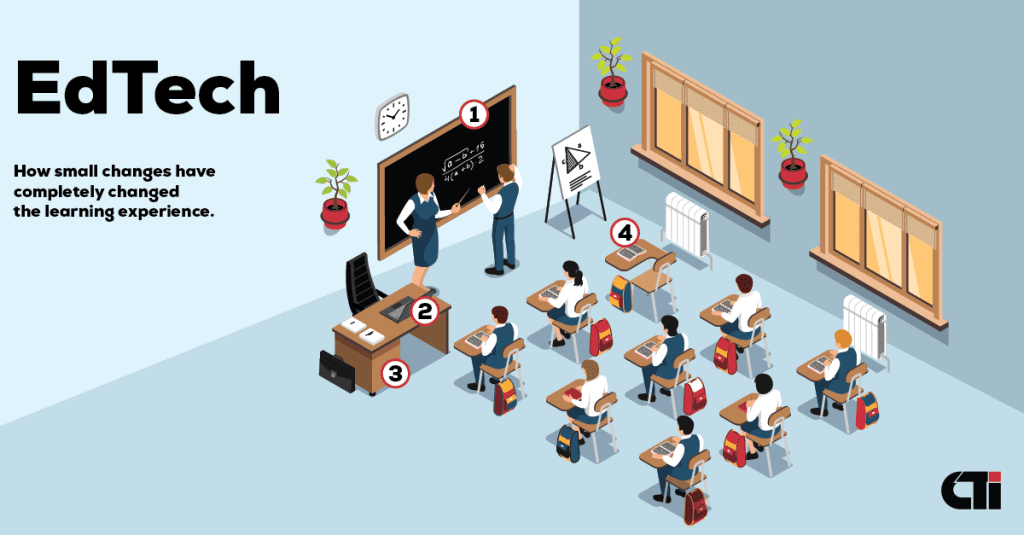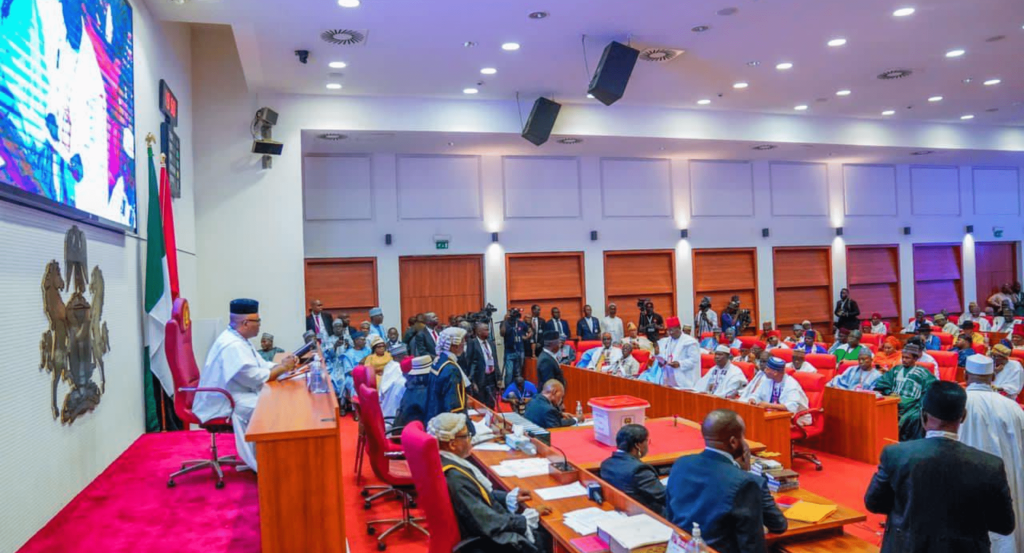The rise of edtech startups in Africa has been instrumental in addressing some of the continent’s most pressing educational challenges, including inadequate infrastructure, teacher shortages, and limited access to quality resources. These startups are leveraging technology to offer innovative solutions, from remote learning platforms to digital literacy tools and personalized learning experiences. Below, we highlight the most promising edtech startups transforming education in Africa, with solutions tailored for students, teachers, and institutions.
1. uLesson – Personalized Learning for K-12 Students
Founded in Nigeria, uLesson provides a platform that delivers engaging, curriculum-aligned content for K-12 students across Africa. Its mobile app offers video lessons, quizzes, and assessments, enabling students to learn at their own pace. With its blend of video tutorials and interactive tests, uLesson is empowering students to build a strong academic foundation.
- Key Features: Personalized learning paths, practice questions, live tutoring sessions
- Coverage: Nigeria, Ghana, Kenya, and South Africa
- Impact: Over 2 million downloads, boosting students’ exam performance
2. Eneza Education – Mobile Learning for Rural Areas
Eneza Education focuses on providing affordable learning solutions via SMS to students in rural and underserved communities. With its low-bandwidth delivery model, the platform offers access to quizzes, educational resources, and tutorials using basic mobile phones. Eneza is ideal for students in regions with limited internet access, ensuring no learner is left behind.
- Key Features: SMS quizzes, access to content via mobile networks, offline access
- Coverage: Kenya, Ghana, and Côte d’Ivoire
- Impact: Reached over 5 million learners, making education more inclusive
3. M-Shule – AI-Powered Learning for Primary Schools
M-Shule is the first AI-driven education platform in Africa designed for primary school students. It provides personalized tutoring via SMS, delivering lessons and performance feedback directly to students’ and parents’ phones. By collecting data, M-Shule continuously tailors content to the learner’s progress and needs.
- Key Features: AI-based assessments, SMS learning tools, data-driven recommendations
- Coverage: Kenya and expanding to other East African countries
- Impact: Improved literacy and numeracy outcomes through personalized instruction
4. Kukua – Interactive Storytelling through Educational Games
Kukua combines education and entertainment to create interactive learning experiences. Its flagship product, Super Sema, is a storytelling platform that uses games and animations to teach young learners critical thinking, creativity, and problem-solving skills. The engaging content makes learning fun and accessible, especially for early learners.
- Key Features: Educational games, animated storytelling, focus on creativity and problem-solving
- Coverage: Available across Africa via YouTube and streaming platforms
- Impact: Millions of views, promoting early learning through engaging content
5. Tuteria – Connecting Students with Skilled Tutors
Tuteria, a Nigerian edtech platform, connects students with qualified tutors for in-person or online learning. It offers courses in various subjects and skills, including math, languages, and exam preparation. Tuteria ensures quality by vetting tutors and matching them with students based on their needs.
- Key Features: Tutor-student matching, online and offline learning, transparent pricing
- Coverage: Nigeria, with plans to expand
- Impact: Thousands of successful tutoring sessions improving academic performance
6. Gradely – Real-Time Assessments and Analytics for Schools
Gradely offers schools a real-time learning assessment platform to help teachers track student performance and provide personalized feedback. With its powerful analytics tools, schools can identify learning gaps early and take corrective actions. The platform also offers adaptive learning tools to ensure students get targeted support.
- Key Features: Data-driven assessments, performance tracking, and personalized learning tools
- Coverage: Nigeria and expanding across West Africa
- Impact: Improved student outcomes through better learning insights
7. Kibanda Online – Supporting Early Childhood Education
Kibanda Online is a Tanzanian edtech startup that provides digital resources for early childhood education. Its platform offers interactive content designed for young learners, focusing on basic literacy and numeracy skills. Kibanda Online also supports teachers by providing professional development resources and lesson plans.
- Key Features: Interactive content, teacher training tools, focus on early learners
- Coverage: Tanzania, with growing adoption in East Africa
- Impact: Improved early learning experiences for thousands of children
8. Ubongo – Edutainment for Children across Africa
Ubongo uses entertainment-based learning models to educate children. Through popular shows like Akili and Me and Ubongo Kids, the platform combines animations, songs, and stories to teach literacy, numeracy, and life skills. Available on TV, radio, and online platforms, Ubongo reaches children in multiple languages.
- Key Features: TV and radio programs, multilingual content, life skills education
- Coverage: 23 countries, including Nigeria, Kenya, and South Africa
- Impact: Reached over 17 million children, making education accessible and entertaining
How These Startups Are Solving Africa’s Education Challenges
- Bridging the education gap: Many startups focus on remote and mobile learning to reach underserved communities.
- Reducing infrastructure dependency: By using SMS and low-bandwidth technologies, startups like Eneza Education overcome the challenges of limited internet connectivity.
- Supporting teachers: Platforms like Gradely and Tuteria equip educators with tools to assess student progress and deliver personalized learning experiences.
- Inspiring creativity: Startups such as Kukua encourage children to think creatively and solve problems through interactive games.
Challenges Faced by African Edtech Startups
Despite their innovative solutions, African edtech startups still face several challenges:
- Limited funding: Many startups struggle to secure adequate funding for growth and expansion.
- Internet access barriers: Reliable and affordable internet connectivity remains a challenge in remote areas.
- Adoption resistance: Some schools and parents are slow to adopt new technologies, preferring traditional learning methods.
- Teacher training needs: There is a growing need for digital literacy training for teachers to effectively use edtech tools.
The Future of Edtech in Africa
The future of education in Africa will continue to evolve with edtech at the forefront. As more startups develop solutions to meet local needs, we can expect:
- Greater inclusion: Increased access to education for girls, rural communities, and underserved populations.
- Gamified learning experiences: More platforms will incorporate games, VR, and AR to make education engaging and effective.
- AI-powered education: Adaptive learning platforms will leverage artificial intelligence to provide tailored learning experiences for each student.
- Public-private partnerships: Collaborations between governments, NGOs, and private companies will help scale edtech initiatives and ensure sustainability.
Conclusion
African edtech startups are reshaping the future of education on the continent by addressing local challenges with innovative solutions. With platforms like uLesson, Eneza Education, and Tuteria, students across Africa can access quality education regardless of their location. As these startups continue to innovate and expand, they hold the key to transforming Africa’s education sector and equipping the next generation with the skills they need to thrive in a digital world.



























